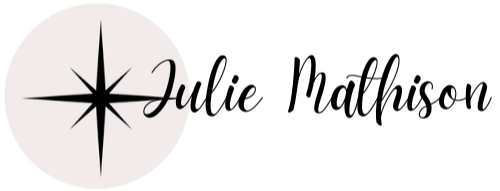This is how it begins.
You’ve just gotten the call – your dream agent loves your book. After years of steady effort, you are on your way! The two of you get down to work – reviewing, revising, refining – until you both love the product, and it’s time to go live. The manuscript goes out to a carefully selected list of editors from all the big houses. Will you get multiple offers? A bidding war? Then, the emails trickle in, excerpting the editors’ replies. Phrases like, “beautiful, lyrical prose,” and, “rich and smartly spun,” are followed by other phrases not so welcoming. “I’m afraid I won’t be able to get this into the hands of enough readers,” or, “I fear the voice is not firmly-enough middle grade.”
Your beautiful book does not quite fit.
Every year, scores of high-quality books are released by traditional publishers. These books have been closely edited, not just by the author but by agents and editors until they are declared ready to compete. They know exactly where they fit on the shelf. Even if they break new ground, it is that they are “marketable” that defines their fate: a mysterious, ever-changing formula, interpreted by the curators of our nation’s shelves. The traditional publishing system is necessarily a commercial entity, shaped by market forces and populated by gatekeepers whose job it is to cull and shape content to delight, educate, and transport readers – but above all, to sell.
This is not a bad system, but it is a closed system, and in the natural world, closed systems wither and die. At the very least, they are not robust. All systems benefit from the infusion of material that is disruptive to established norms. When the literature that comprises our shared canon consists only of that which can be funneled through the gatekeeper’s door, its bounty is diminished. Content necessarily conforms to standards and ideals that are often unexamined and poorly understood, even by those who uphold them. And we find, even in an era that celebrates diversity, that the bold, new expressions of the day quickly become hegemony, dogma, and eventually variations on a theme.
Independent publishers can provide this needed infusion of outsider DNA. Voices that do not “fit” find they need not fit in order to be heard. Small, independent, and academic presses, and self-publishers who maintain high standards of quality, are essential to keeping our literary ecosystem open, diverse, healthy, and democratic.
Last year, as a global pandemic raged and the world was shutting down, I decided to take the indie plunge. I had gotten the agent. I had lost the agent. And in the end, I was forced to embrace my own voice, on my own author-ity, without the benediction of the establishment. I set about to replicate the functions I had abandoned. I found beta-readers, young and old, in the place of developmental editors. I hired a cover designer and copy editor. I learned how to use Adobe InDesign, how to typeset, to create a website, a social media platform, and finally how to distribute my creation through both digital and physical marketplaces. It was hard work but intensely empowering. No longer was I waiting to be anointed by the powers-that-be. I was my own rainmaker, with all the creativity, ownership, and responsibility that such a role entailed.
Fast forward one year. My author imprint, Starr Creek Press, has produced two books, BELIEVE, published last August, and VASILISA in February of this year. In May, BELIEVE was named the winner of the Eric Hoffer Book Award, one of the largest, international awards recognizing salient writing and the pioneering spirit of small, independent, and academic presses. Such recognition was a boon, but no longer one I yearned for as a vindication of my literary self-worth. Instead, I found myself swept away by the useful implications of such an accolade. How could I use this to get my books into the hands of more readers? How could I use it to support other authors in embracing the power of their own voices?
In the end, it is connecting with readers that has conferred my greatest sense of accomplishment. My universe is perhaps smaller than the one I envisioned when the powers- that-be tapped me on the shoulder and promised me the stars. But it is all the richer because it is mine.



Jul,
Your article is very insightful and uses your own experience to speak with authority about the corporate publishing world. As always it is beautifully written and I hope you will continue to share it. It has important things to say.
Love from Mom
Thank you so much, Mom!